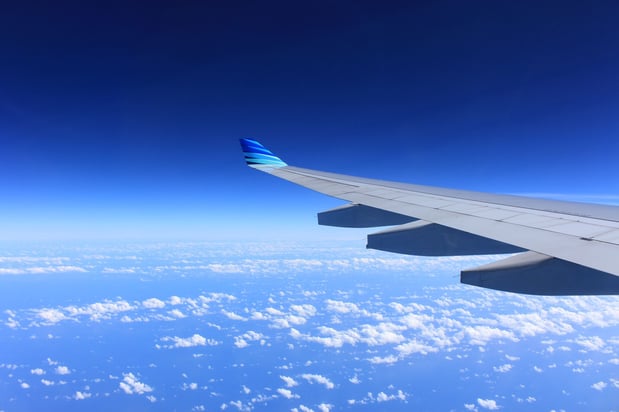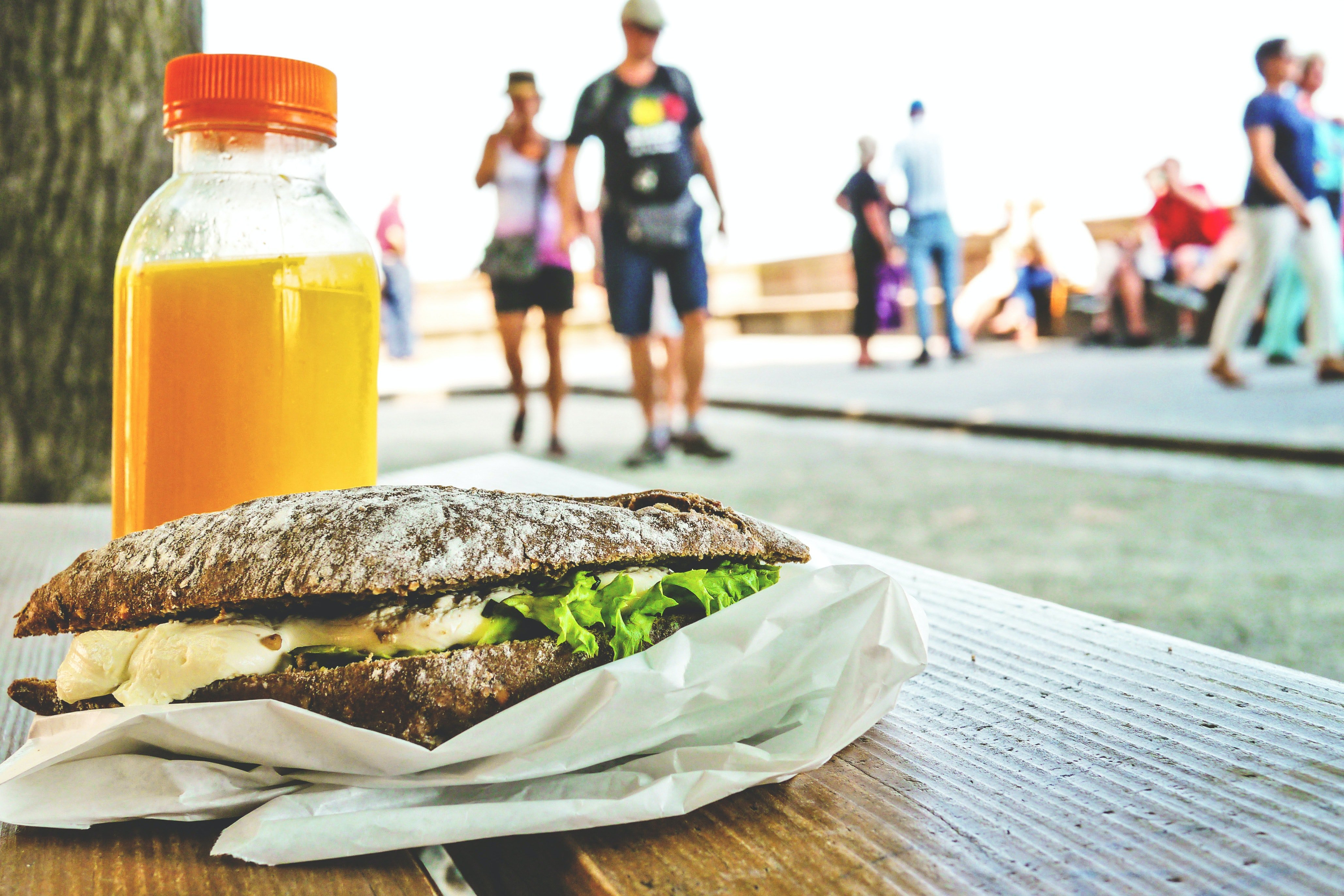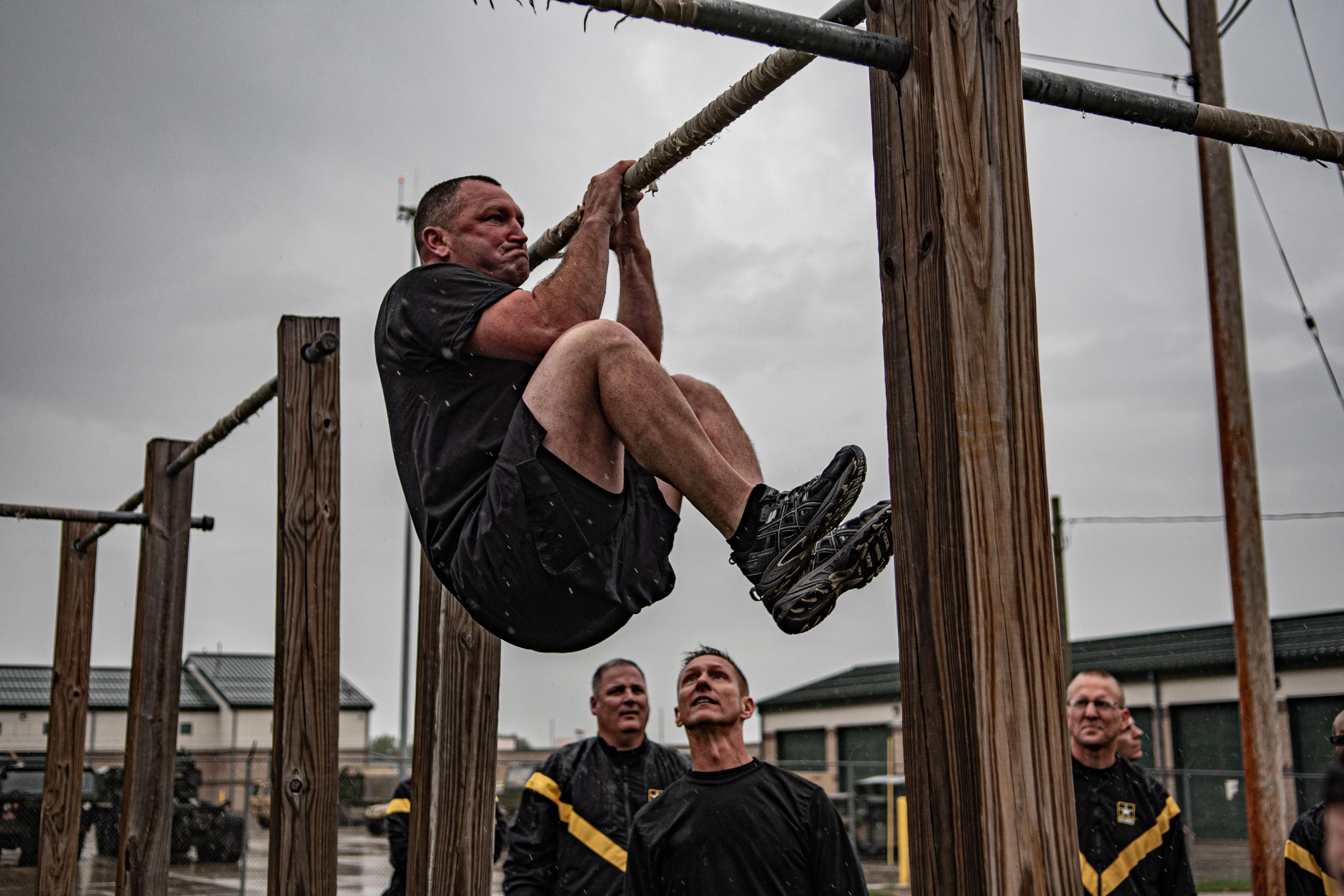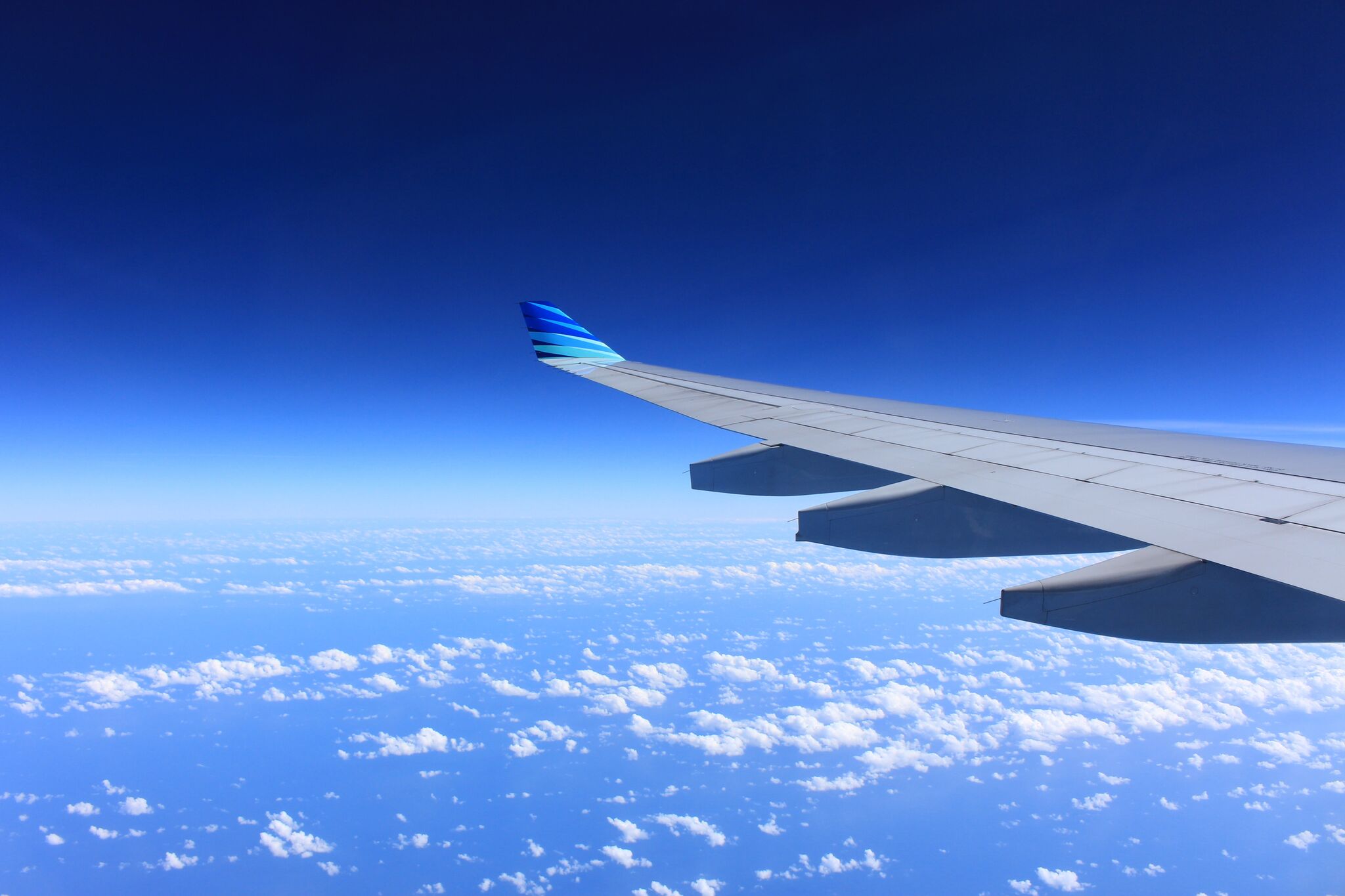Beating Jet Lag and Nutrition on the Road

It is important for athletes to understand how travel during the competition season affects their bodies. Often times, elite athletes have to travel all over the globe to attend different sporting events. It is essential that athletes find ways to manage the negative effects of travel so that their bodies don’t unnecessarily suffer. Here are some tips to help beat the negative effects of travel.
Jet Lag
The International Federation of Sports Medicine states that jet lag is a syndrome characterized by sleep loss, headaches, dizziness, increased feelings of fatigue, and reduced levels of energy. Jet lag is a result of the changes that a body endures when traveling. For athletes to combat these effects, it is essential to stay consistent with healthy eating habits to obtain the proper amount of fuel. Before traveling, athletes need to adjust their schedule in order make the consequences of sleep deprivation less harmful. When traveling across time zones, athletes should consider the following tips.
Tip 1: Eat protein-rich foods.
Foods that are rich in protein help to promote sleep because the body has to work harder to digest these foods. The additional energy that is used during the digestion process will cause the body to enter a deeper sleep. Some good food options that can help athletes fall asleep after a long travel day are white-meat poultry, beans, pork tenderloin, and lean beef.
Tip 2: Hydrate before, during, and after travel.
As important as it is for athletes to think about what foods they’re putting into their body, liquid intake is equally as important. Airplanes have the ability to make people incredibly dehydrated, so it is essential to think about hydration before, during, and after a long flight. During travel, athletes should always carry a water bottle. It is important to constantly drink water during travel in order to fight against exhaustion and jet lag. As soon as the flight lands, athletes should think of this as a completed workout and make sure to continue taking in fluids, stretch, and even roll out. The better recovery strategy you have after a long travel day, the quicker you will get back to peak athletic performance.
Nutrition on the Road
Fueling the body with nutrient rich foods and getting as much sleep as possible help make lengthy travel days easier on the body. Maintaining good nutrition on the road is only a possibility if planning is involved. When traveling to a competition, nutrition should be a top priority in order to maximize energy and athletic performance.
According to the NCAA’s fact sheet, meals should have a good balance of carbs, proteins, fats, and fluids.
Carbohydrates are needed to fuel activity and to replenish energy stores.
Proteins help speed up recovery and repair muscles.
Fats are needed to support extra energy expenditures that come from engaging in activity.
Fluids are necessary to maintain hydration and replace depletion during exercise and travel.
Pre-Travel Grocery List
Before leaving for a competition, athletes should pick out their favorite healthy snacks to bring on their trip. Athletes should choose familiar foods that are high in fiber and protein. Healthy travel snacks include power bars, fruit, trail mix, and peanut butter. Dietary preparation and consistency will yield the best athletic performances.
Recap
Athletes need to put an emphasis on traveling smart in order to peak during competition. Traveling can take a toll on the body, so it is important to stay consistent with sleep, hydration, and diet. Athletes can stay ahead of their competition by preparing travel food that support a healthy and balanced diet. The next time you’re traveling for your sport, keep these tips in mind so that you can be one step ahead of beating jet lag.
References:
https://www.ncaa.org/sites/default/files/Eating%20on%20the%20Road%20Fact%20Sheet.pdf
https://www.verywell.com/does-jet-lag-decrease-athletic-performance-3120789
Related Posts

Supplement Safety with Tactical...
Dietary supplements seem like the "magic pill" a tactical operator needs to perform better,...

Eating Healthy on the Go: Tips for Busy...
It's no secret that tactical professionals have weird schedules. So why do health professionals...

Post-Training Nutrition for Tactical...
Eating after a workout can be a challenge for tactical professionals. Having grab-and-go fuel...


